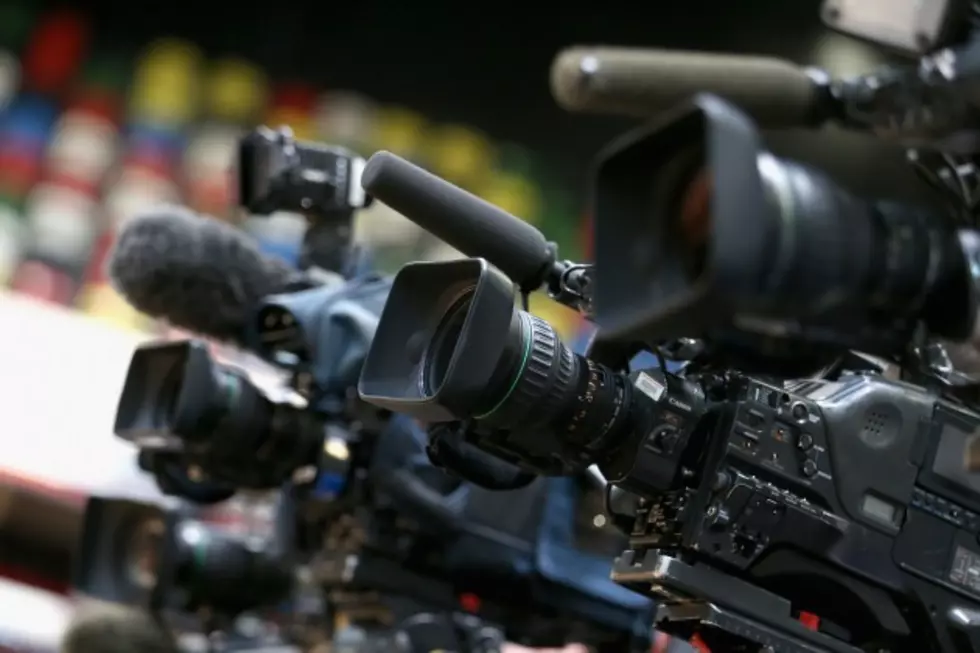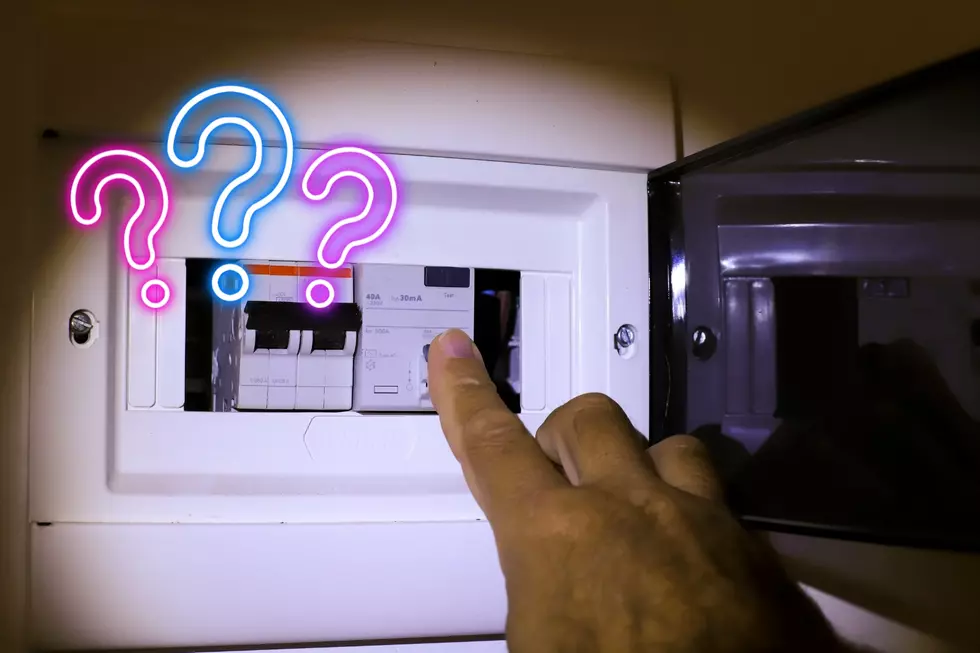
Transgender Victims and the Media
I've learned what I feel is a very valuable lesson.
Earlier this week, two precious lives were ended when the car they were driving crashed in Mattapoisett. One of the victims was a female-to-male transgender.
Before we take a look at what my lesson was, it's important to understand several things. In cases like a car accident, before any identities are revealed to the press, the police will tell us what gender the victim(s) are. It may be days before we actually find out who they were. And once the police give us any of those facts, they are taken as the truth.
In the case of the death of 21-year-old Brooklyn Rodrigues, we were initially told the victim was a female. While records, documents, and family members may have confirmed that, it wasn't until later we learned Brooklyn, in life, identified as a male.
Many news stations were left with what some may consider a befuddling decision. "How do we refer to Brooklyn?" Some chose to refer to Brooklyn as he preferred, a male. Others stayed neutral and only referred to him as "Brooklyn" or "the victim." And others continued to stick with what we were told by police, using pronouns like "she" or "her."
Questions came from all directions. "Why didn't you refer to Brooklyn as a man?" "What does gender have to do with anything?" Why do you keep talking about this?"
Gender is one of the most familiar identifiers to us. But as the world changes, and people become more accepting, I'm learning every day about what gender is becoming. And I feel, that in order to avoid any further confusion among media outlets and their consumers, a discussion needs to take place on how to identify victims who don't necessarily identify with their "assigned sex."
I feel this is where the State of Massachusetts needs to take the lead. Facebook did it just this past year, giving users the option to customize what role best describes what most people refer to as "gender." Perhaps Massachusetts should become one of the first in the nation to offer such options when applying for drivers licenses, passports, etc. It certainly would help to clear up any confusion for those with any questions, myself included.
Here's what I feel myself and many other broadcasters learned this week. We're an ever-changing society. If society is to adapt, grow, and transform, the media must do the same as well. Gender identification is a sensitive issue that bears its weight on the individual who feels they are different, or were made incorrectly. The media, regardless of personal or religious beliefs, needs to respect that and report it as such.
That being said, my sincerest condolences to the families and friends of the young woman and man that were killed earlier this week. May you find peace and understanding in this confusing and emotional time.
More From WBSM-AM/AM 1420









